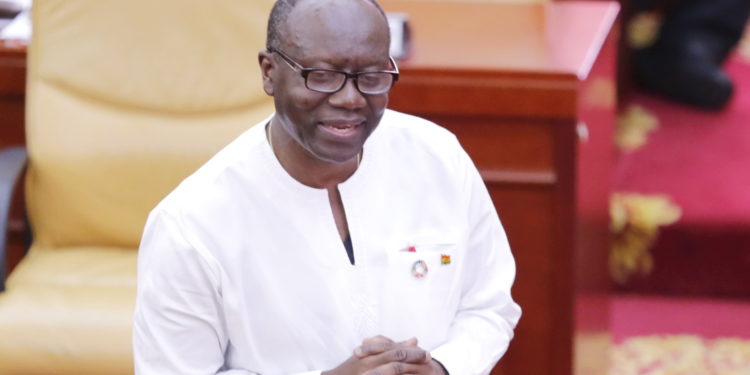Q1 2023 Budget Execution: Cash budget deficit shrinks to GHS 6.7bn; Gov’t misses GHS 33.6bn revenue target
According to the Bank of Ghana, the provisional data on budget execution for the first quarter of 2023 in Ghana revealed a notable improvement in the cash budget deficit compared to the programmed target. The figures indicated an overall cash budget deficit of GH¢6.7 billion, equivalent to 0.8 percent of GDP, while the programmed deficit stood at GH¢18.5 billion, representing 2.3 percent of GDP. This positive outcome reflects a more favorable fiscal position than anticipated.
The cash budget deficit was primarily driven by a lower-than-programmed total revenue and grants of GH¢26.0 billion, accounting for 3.3 percent of GDP. This figure fell short of the programmed target of GH¢33.6 billion, which represented 4.2 percent of GDP. The lower revenue collection raises concerns about the country’s ability to meet its fiscal obligations and fund necessary expenditures.
On the expenditure side, total expenditure for the period amounted to GH¢32.7 billion, equivalent to 4.1 percent of GDP, which was significantly below the programmed target of GH¢52.1 billion (6.5 percent of GDP). The lower-than-expected expenditure reflects a moderation in government spending, potentially impacting investment in key sectors and public services.
The resulting cash budget deficit was primarily financed through domestic sources, indicating a reliance on local borrowing to cover the fiscal shortfall. This highlights the need for effective debt management and ensuring that borrowing remains sustainable, considering its potential implications for future fiscal stability.
Examining the primary balance, which excludes interest payments, the data showed a deficit of GH¢596 million, equivalent to 0.1 percent of GDP. This outcome deviated from the target deficit of GH¢4.6 billion, representing 0.6 percent of GDP. The narrower primary deficit signifies some improvement in the country’s ability to meet its non-interest expenditure from its own resources, albeit still falling short of the target.
The Q1 2023 budget execution data sheds light on the challenges faced by the Ghanaian government in balancing revenue generation and expenditure commitments. The shortfall in revenue collection calls for a comprehensive assessment of tax policies, revenue administration, and efforts to enhance economic productivity. Similarly, careful scrutiny of expenditure patterns and prioritization of government spending are crucial to ensure effective allocation of resources.
As Ghana progresses throughout the year, policymakers will need to closely monitor budget execution, revenue mobilization, and expenditure management to steer the fiscal trajectory back on track. The implications of fiscal shortfalls extend beyond immediate budgetary concerns, affecting investor confidence, debt sustainability, and long-term economic stability.
Efforts to enhance revenue collection, foster a conducive business environment, and optimize expenditure efficiency will play pivotal roles in addressing the fiscal challenges. Strategic reforms, including improving tax compliance, reducing wasteful spending, and promoting transparency and accountability, will contribute to a more resilient fiscal framework.
The Bank of Ghana’s role in monitoring and providing insights on the budget execution data serves as a crucial foundation for informed decision-making and policy adjustments. By leveraging this information, policymakers can craft effective strategies to achieve sustainable fiscal management and foster an environment conducive to inclusive economic growth and development.








